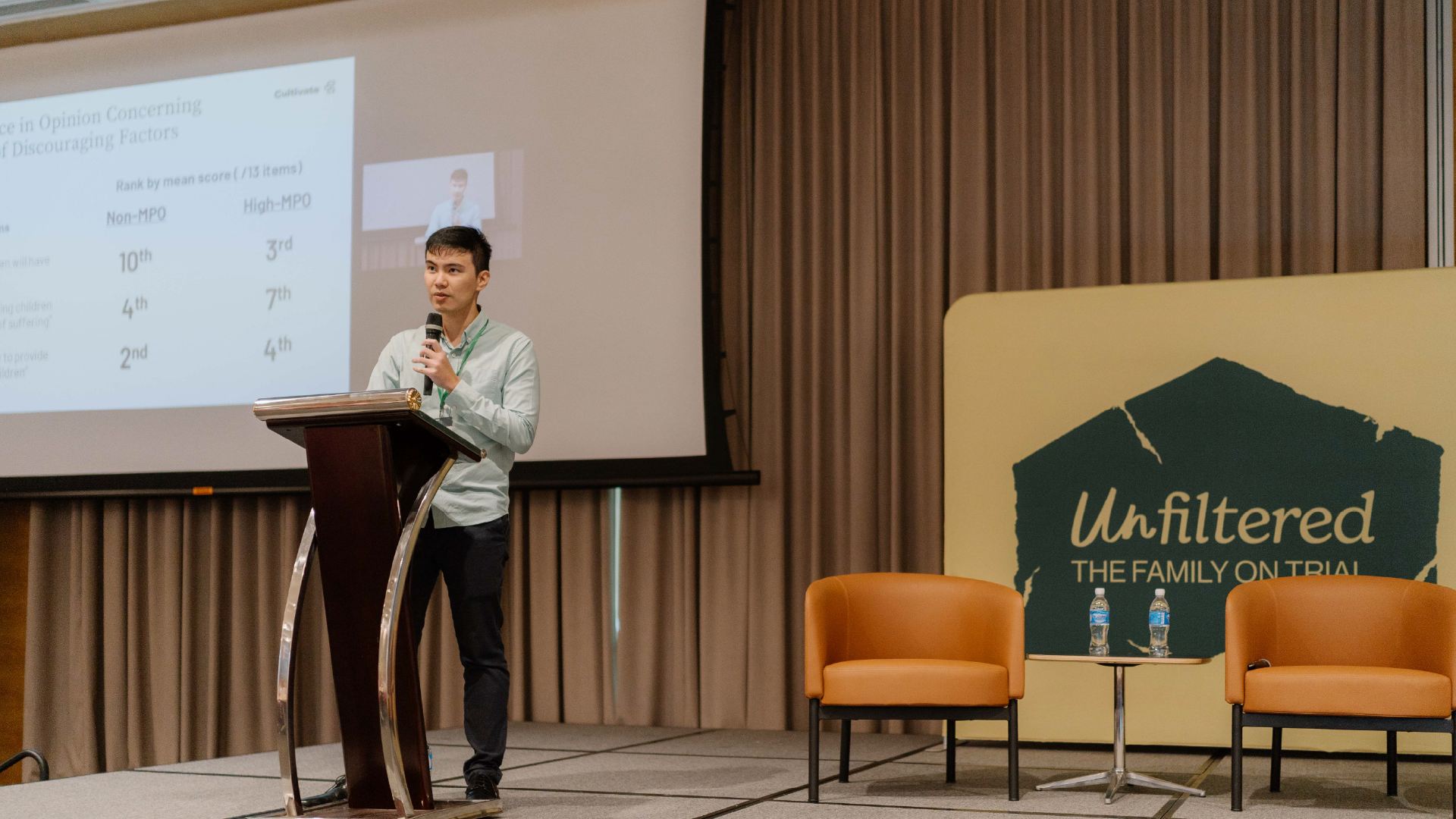Lee Kuan Yew, who has been described as “founding father of modern Singapore”, famously helped transform Singapore from a developing nation struggling to survive after Independence to a developed and modern nation with a thriving economy.
Many have tried to learn from him along with the Singapore experience on varied issues such as housing, economy and education. Here, we look at a lesser-known subject of family, where he characteristically makes his strong, sometimes controversial, views known.
In his book, From Third World to First: The Singapore Story: 1965-2000, the first Prime Minister of Singapore distinguished between “East Asian Confucian societies” (like Singapore) and “Western liberal societies”. “Confucian societies”, he said, “believe that the individual exists in the context of the family, extended family, friends and wider society, and that the government cannot and should not take over the role of the family.”
East Asians “shy away” from the approach that believes “the government is capable of fulfilling the obligations of the family when it fails, as with single mothers”. Instead, Singapore depends on “the strength and influence of the family” to keep society orderly and inculcate various values which “make for a productive people and help economic growth”.
Lee Kuan Yew’s Take on Family Values
When Lee Kuan Yew passed away in 2015, a Straits Times article called him a “devoted husband and caring father”. His children eulogised him as “a good man, a good husband, a good father and grandfather”, even though he was not a “touchy feely” person and left the upbringing of the children largely to his wife, the late Kwa Geok Choo.
These family values were not confined to the personal life of Lee Kuan Yew, but extended to his political philosophy.
Lee was committed to the East Asian Confucian view that the individual exists in the context of one’s family, “extended family, and then friends and the wider society”, and the tradition that “a man is responsible for his family – his parents, wife and children”. “The ruler or government does not try to provide for a person what the family best provides.”
In the eyes of Singapore’s first Prime Minister, the family unit was a bulwark against a runaway welfare state with ever-increasing government spending:
Watching the ever increasing costs of the welfare state in Britain and Sweden, we decided to avoid this debilitating system. We noted by the 1970s that when governments undertook primary responsibility for the basic duties of the head of a family, the drive in people weakened. Welfare undermined self-reliance. People did not have to work for their families’ wellbeing. The handout became a way of life. The downward spiral was relentless as motivation and productivity went down. People lost the drive to achieve because they paid too much in taxes. They became dependent on the state for their basic needs.
“Man needs a moral sense of right and wrong. There is such a thing as evil, and men are not evil just because they are victims of society,” said Lee in his book, From Third World to First. He attributed many of the social problems he saw in the United States to the “erosion of the moral underpinnings of society and the diminution of personal responsibility.”
In a 1994 interview with Foreign Affairs, Lee expounded on these family values where he quoted a Chinese aphorism, “修身齐家治国平天下” (xiūshēn qíjiā zhìguó píngtiānxià). In his words: “Xiushen means look after yourself, cultivate yourself, do everything to make yourself useful; Qijia, look after the family; Zhiguo, look after your country; Pingtianxia, all is peaceful under heaven.”
“It is the basic concept of our civilization,” he added. “Governments will come, governments will go, but this endures.”
Controversies Over Lee’s Views
Lee Kuan Yew has been described as a proponent of “social Darwinism”, and had controversial views in this regard.
Lee believed that “nearly 80 per cent of a person’s makeup was from nature, and about 20 per cent the result of nurture”, and that intelligence was genetically inherited. He was committed to the idea of improving the “quality” of the population, and was critical of the so-called “physically, intellectually and culturally anaemic”.
During the 1983 National Day Rally, he sparked a controversy dubbed by the media as the “Great Marriage Debate”. At the Rally, he bemoaned the fact that the educated were not reproducing whereas the less educated reproduced more. Down the road, “for every two uneducated workers… we will have four. And for two graduates, you may end up with one,” resulting in an overall decline in standards. He urged male graduates to marry their educational equals, and encouraged educated women to have two or more children.
These echoed views that he had expressed more than a decade earlier in Parliament , that “parents with more education have much smaller families than those with less education”, and that “the quality of the population will go down” if trends continue. In his 1969 speech, he called for a system of “disincentives”, so that “the irresponsible, the social delinquents, do not believe that all they have to do is to produce their children and the government then owes them and their children sufficient food, medicine, housing, education and jobs”.
Lee Kuan Yew’s views were criticised, both then and now. Foreign press criticised the Singapore government for trying to interfere in people’s lives. The Association of Women for Action and Research has criticised Lee’s comments at the Rally for its “eugenicist mindset”. Others criticised Lee’s elitism.
Still Relevant Today, Or Not?
Are Lee Kuan Yew’s views still relevant today?
The answer is both yes and no. Some of his views were certainly problematic for their eugenic leanings, which could be discriminatory especially towards persons with disabilities.
On the other hand, values like thrift, hard work, filial piety, emphasis on education and respect for elders are certainly timeless important values that continue to be relevant today. The same applies to the emphasis on the family unit as the basic building block of society, and the natural source of mutual support across generations.
As with many of the values that Singapore’s Founding Prime Minister espoused over time, they will need to be adapted, refined or reconsidered as Singapore enters into a different era.


